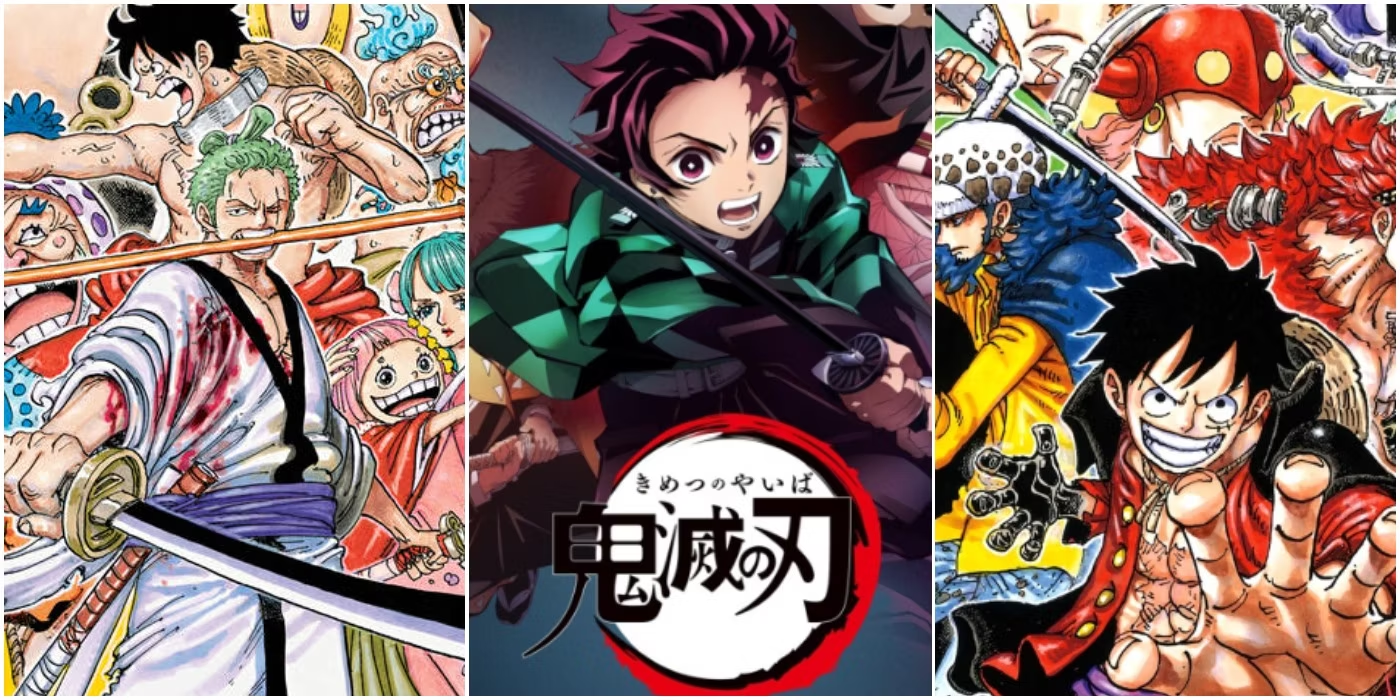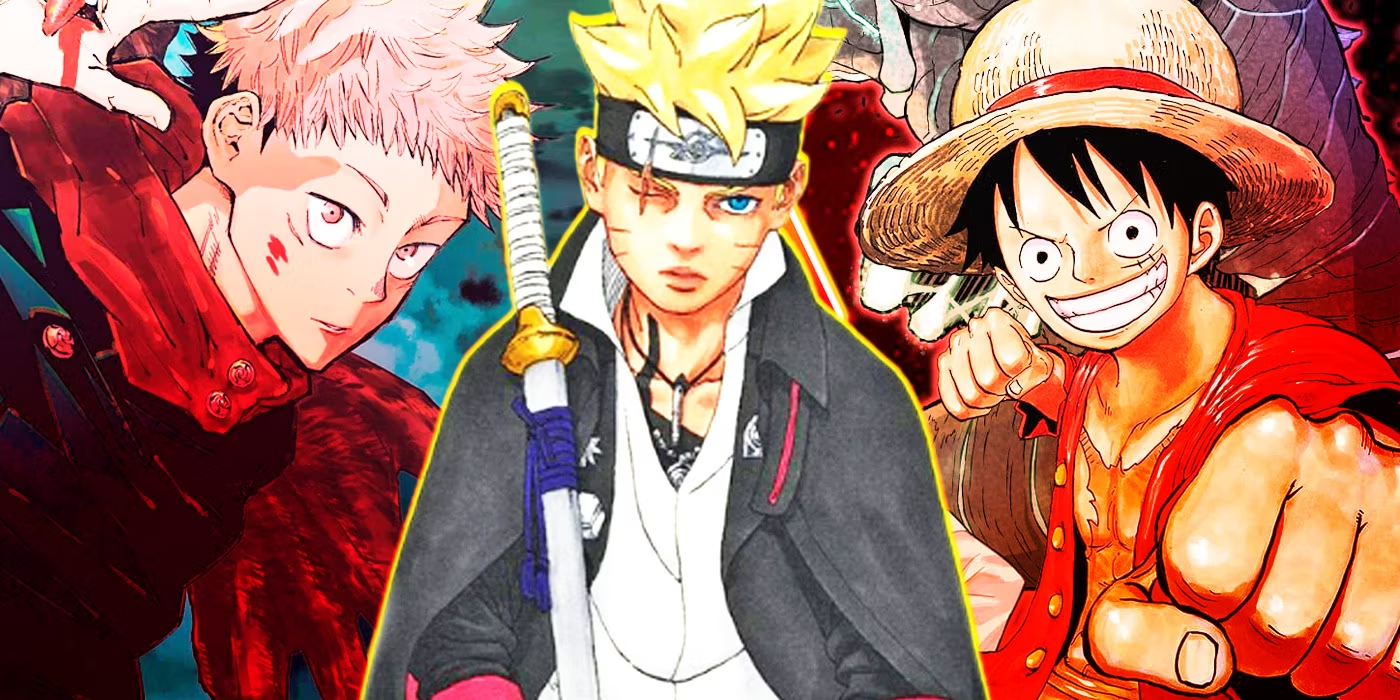Saudi Arabia has recently taken the unprecedented step of blocking Crunchyroll’s entire catalog, a move described by critics as an attack on cultural freedom. The Saudi government claims that anime, particularly shows available on Crunchyroll, represents foreign cultural values that conflict with the kingdom’s social norms and religious principles. The ban has sparked widespread backlash, particularly from anime fans who see this as an infringement on their freedom to access global entertainment. As reported in a Middle East Eye article, this is not an isolated incident but part of a growing pattern of censorship in the region.
In response to the ban, fans are using VPNs to circumvent the block and regain access to the platform. However, Crunchyroll has made efforts to limit access from VPNs, further complicating the situation. The Saudi government’s move is part of a broader trend of increasing censorship, as authorities have historically restricted content they deem contrary to national values. The debate surrounding this ban highlights the ongoing tension between cultural preservation and the demand for access to global media.
Cultural Preservation or Censorship?

While the Saudi government argues that blocking anime is necessary to protect the country’s cultural integrity, many critics see it as a form of censorship that limits citizens’ access to diverse ideas and entertainment. Anime has gained significant popularity in the region over the last decade, and the government’s decision to block a major platform like Crunchyroll raises questions about the future of digital content in the kingdom. Some argue that anime’s influence on youth culture is being unfairly exaggerated, as the medium often contains messages of hope, perseverance, and friendship, regardless of its foreign origin.
The government’s rationale for the ban is centered around the notion that anime promotes foreign ideologies and social values that may conflict with Saudi Arabia’s religious and cultural norms. Some shows contain content that addresses themes such as LGBTQ+ representation or fantasy elements like magic and violence, which are seen as incompatible with the kingdom’s traditional beliefs. Supporters of the ban claim that it is necessary to safeguard Saudi society from outside influences that could undermine its moral fabric.
Growing Resistance and the Role of VPNs

Despite the government’s crackdown, the resistance from anime fans in Saudi Arabia is growing. Many fans have turned to VPNs to access Crunchyroll’s content, though this has not been without challenges. Crunchyroll has started blocking IP addresses linked to VPNs, further complicating the situation for viewers looking to circumvent the censorship. Social media platforms like Twitter and Reddit are filled with discussions on how to bypass these restrictions, highlighting the determination of Saudi fans to access their beloved anime content.
As the ban persists, there are increasing calls for international support from the global anime community. Many fans argue that the censorship of anime is not only an attack on entertainment but a violation of the rights of individuals to enjoy the media they love. Whether or not Saudi Arabia will reconsider its decision remains to be seen, but the controversy surrounding the ban is far from over.
Also Read: 15 Best High School Romance Anime That Will Hit You Right in the Feels




